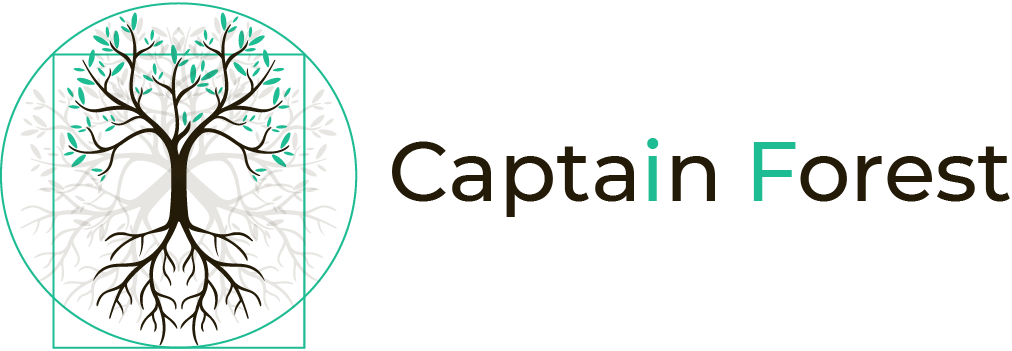Farmers Have the Earth in Their Hands
How can we feed 10 billion people tomorrow? Can we avoid deforestation and the intensive use of fertilizers and synthetic products, which aggravate climate change and the erosion of biodiversity?
Should the debate be limited to strict opposition between organic and conventional agriculture? Can a better distribution of resources and changes in diet solve everything?
There is no single answer to all these questions, but agriculture has a magical side. It is not only part of the problem but also part of the solution, thanks to the superpowers of the soil. By being alive, preserved, and regenerated, the soil can feed us, ensure the diversity of life on Earth, and store carbon to help offset our greenhouse gas emissions.
Through a few scientific benchmarks, a brief historical review, and the exploration of ethical practices that can contribute to the life of the soil, this book opens up a bright future. Farmers have the Earth in their hands, but it is up to all of us to support them.
Authors:
The International “4 per 1000” Initiative launched by France in 2015 during COP 21. It calls for disseminating and implementing concrete actions for carbon storage in soils through agriculture and forestry.
Paul Luu, agricultural engineer specialist in tropical agronomy and Executive Secretary of “4 per 1000 Initiative”.
Marie Christine Bidault, agricultural engineer, columnist, and writer




